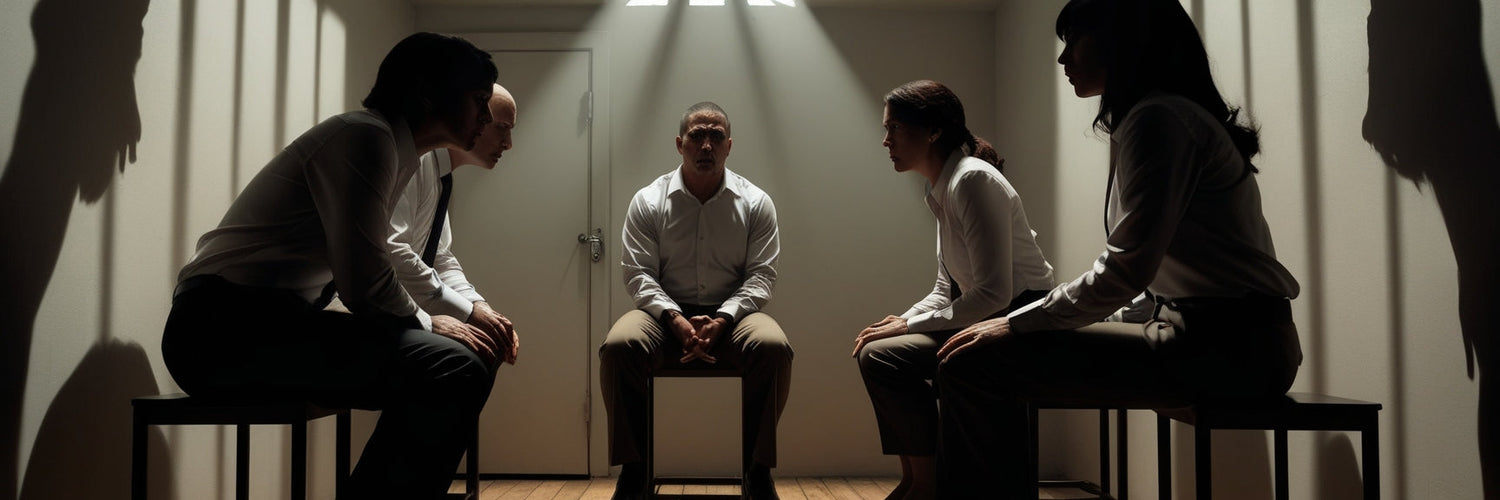The Misunderstanding of Sartre’s Words
Jean-Paul Sartre’s famous quote, "Hell is other people," from his play No Exit, is often taken at face value as a statement about the unpleasantness of human relationships. Many assume Sartre was claiming that other people make life unbearable. However, this interpretation oversimplifies his existentialist philosophy. Rather than condemning human interaction, Sartre was pointing to the way individuals define themselves through the gaze of others, often losing their own sense of freedom in the process.
The Gaze and Loss of Freedom
A core idea in Sartre’s existentialism is that human beings are radically free and responsible for their own existence. However, when we become aware that others perceive us, we begin to see ourselves through their eyes. This self-awareness can lead to what Sartre calls "bad faith"—a state in which we allow external judgments to define who we are, instead of embracing our own autonomy.
In No Exit, three characters are trapped together in a room, each serving as the ultimate judge of the others. They become fixated on how they are perceived, unable to escape the scrutiny and expectations imposed upon them. In this way, Sartre argues that hell is not simply the presence of other people, but the psychological prison created by allowing external perspectives to dictate one’s identity.
Existentialism and Self-Identity
Sartre’s existentialism emphasizes that individuals must take full responsibility for defining themselves. While we inevitably interact with others, true freedom comes from resisting the urge to see ourselves as mere objects in someone else’s narrative. This means embracing our own choices and not being confined by external labels or expectations.
This idea is particularly relevant in modern society, where social media and constant visibility intensify self-consciousness. People often shape their identities based on how they believe others see them, leading to a loss of authentic selfhood. Sartre’s warning remains as poignant as ever: if we let external judgment dictate our existence, we imprison ourselves in a kind of psychological "hell."
Escaping the Judgment Trap
To break free from this existential trap, Sartre suggests that we must fully own our freedom. Instead of defining ourselves based on how others perceive us, we should focus on our own choices and values. While human relationships are an inescapable part of life, they do not have to be a source of confinement. By embracing radical freedom and personal responsibility, we can interact with others without becoming trapped by their expectations.
Conclusion
"Hell is other people" is not a condemnation of human relationships but a warning about the dangers of self-objectification. Sartre challenges us to resist the temptation of seeing ourselves solely through the gaze of others and to take full ownership of our identities. In doing so, we can live more authentically, embracing the freedom that existentialism offers.
























































